The ANC – a legacy of internal struggle for the throne
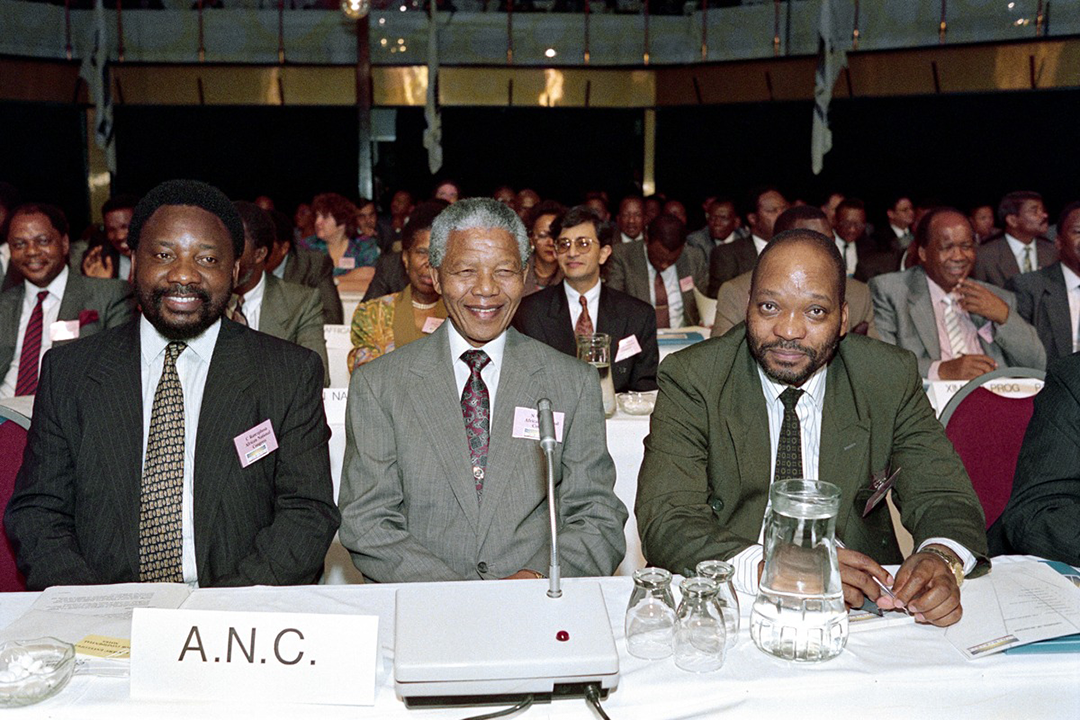
From left, Cyril Ramaphosa, Nelson Mandela and Jacob Zuma, representatives of the African National Congress (ANC), attend a two-day Convention for a Democratic South Africa (CODESA), on 20 December, 1991 in Johannesburg. Photo: Walter Dhladla/AFP
Forty years ago, the Matola raid (January 1981) resulted in the massacre of 15 African National Congress (ANC) freedom fighters by apartheid forces. Surprisingly, this did not take place on South African soil, but unfolded some 550 km away in Matola on the Mozambican coast.
ANC freedom fighters were in a state of constant fear of being arrested or killed, and the prospect of escaping South African shores and the clutches of the apartheid forces spurred the exile of many of them.
Those in exile were scattered amongst Botswana, Lesotho, Mozambique, and Swaziland. Some found refuge in Tanzania, Angola, Zambia, and Zimbabwe, while others reached Europe and the Soviet Union. Lusaka and London featured prominently as important nodes for those in exile. “Clusters” or “camps” were formed by those that remained in South Africa on the “inside” and those that were in exile on the “outside”.
A curious relationship evolved between those who remained in South Africa and those in exile. Those inside expressed joy and relief to learn that their comrades had escaped the apartheid forces. But later, those emotions would sour to envy and jealousy as the ones on the “inside” remembered that their comrades had escaped the beatings, torture, arrest, and even death that they suffered under the apartheid government. These “camps” continued to grow in strength and significance, defining the upper echelons of South African politics and would set the tone for power struggles at the highest level.
Days after the Sharpeville massacre in 1960, the ANC and other political groups were banned; banned political parties had to be extremely resourceful and creative in their subversive pursuits in this era. “There wasn’t an active decision to become a freedom fighter. As blacks we were angry and frustrated with the apartheid regime,” says “Charles”, an ANC cadre of the 1980s. He evolved from angry university student to protester, then activist and subsequently banned person, arrested and later exiled. He was unintentionally subsumed into the struggle for freedom, like so many others.
“The journey of an exiled freedom fighter often started with a narrow escape, fearing arrest or death,” he recalls. The exiles would steal their way to Swaziland or Mozambique. Generally, it was a hushed trip, hurried and often with limited provisions and almost no money.
“(There were) spies everywhere, some ‘were in it’ for the money, others for a promise of a job from the authorities or just out of fear of the apartheid forces. Cadres in the same group knew little about what the next one was doing; plans, future meetings, and information in general was on a need-to-know basis. Remember, Mandela was arrested in 1962 after leaving Durban, as spies had tipped off the authorities,” he says.
One’s plans to go into exile were not publicised, even within your own circle. “Often one’s arrival at a foreign destination was a surprise,” Charles recalls. “Newcomers were met with trepidation and received with suspicion at first. When we reached our place of safety in the new country, we were handled with ‘caution’ as they tested our reference letters and back story.” Reports of the Matola raid and other assassinations of exiled freedom fighters gave credence to these cautious welcomes.
Different “camps” were born out of this time of closed communication and suspicion. The links that formed amongst the groups in London, Lusaka and other places marked the beginnings of separate clusters within the ANC. The fraternal bond developed amongst those in exile or on the outside was often stronger than those at home.
The journey of the first three presidents in the new South Africa is a lucid appreciation of the development of those on the “inside” and “outside”.
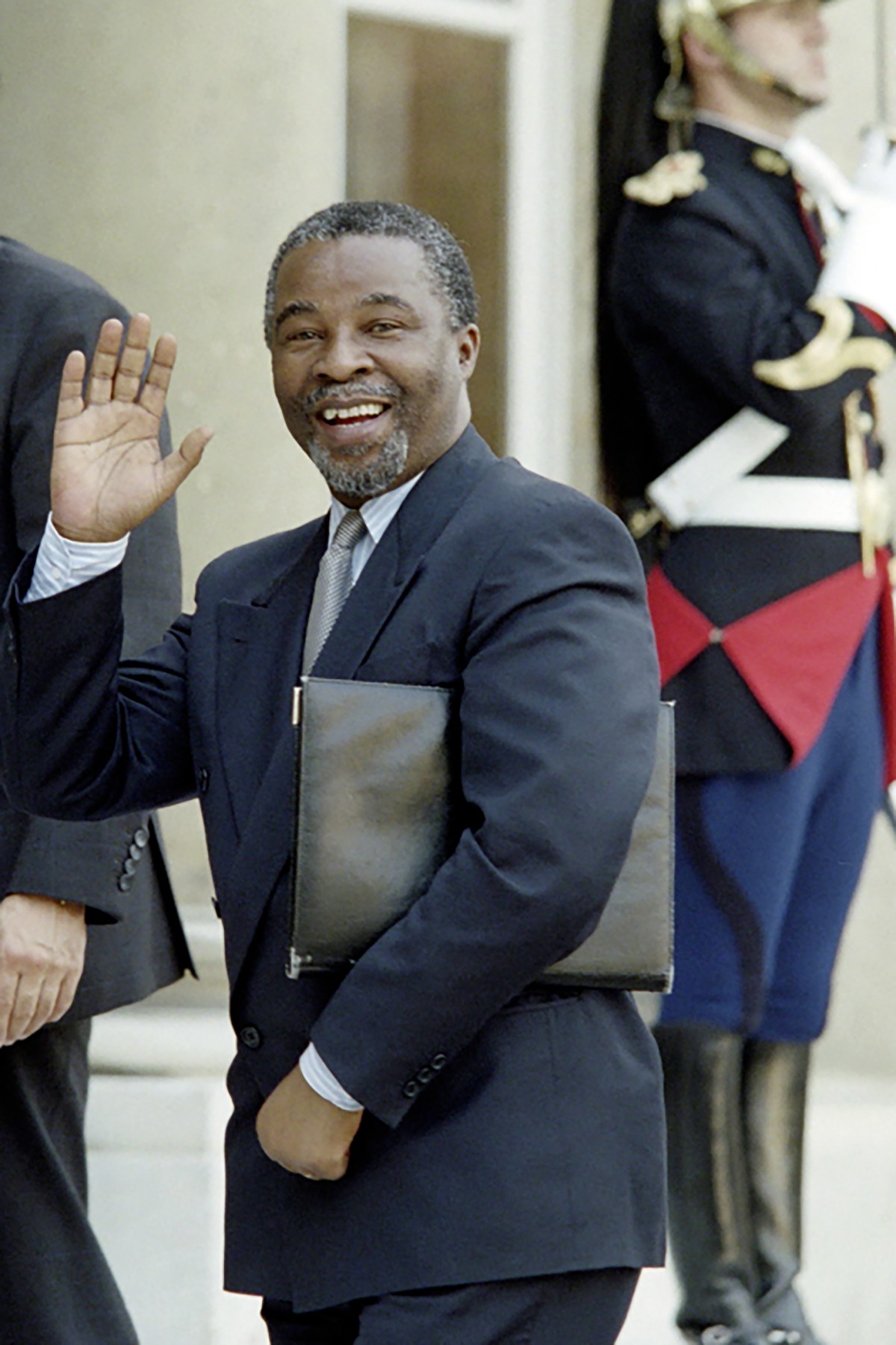
South African Vice-President Thabo Mbeki arrives at the Elysee Palace, Paris, on 11 October, 1995, to meet French President Jacques Chirac. Photo: Eric Feferberg/AFP
A young Thabo Mbeki went to the United Kingdom in exile, via Botswana. He was a student at Sussex University in the 1960s and formed lifelong bonds with others in exile. He later held pivotal ANC leadership roles in Lusaka, Zambia, and Swaziland. President Mbeki’s cabinet and close circle of advisors included those who were in exile with him from those early years. This inclusion may have been because of friendship and congruent thinking, and the trust that developed amongst members of this camp on the “outside”.
Jacob Zuma was jailed in the early 1960s and sent to Robben Island prison for 10 years. He then found his way into exile via Swaziland to Mozambique. His time in exile in Mozambique, and later Zambia helped him galvanise support for a position as the head of underground structures and shortly thereafter chief of intelligence. Zuma’s popularity among the militant ranks and the Zulu community in those early years shaped the style and composition of his advisors and confidants.
Following the famous Rivonia trial in 1963-4, Nelson Mandela and other accused were imprisoned on Robben Island for decades. His fellow inmates formed highly cohesive bonds and they graduated to positions of substantial leadership in the post-Apartheid era. The Robben Island political prisoners were automatically respected as struggle elite.
The new South Africa was a frenetic time, with returning cadres wanting to be noticed for positions, and some swiftly marked their place in the hierarchy. It was also a time of rebirth for many with dubious struggle credentials, who also managed to capture important appointments. The jostling for power and recognition amongst the ANC resulted in battle lines being drawn to demarcate the different camps. “New alliances were quickly formed. The fraternal bonds of those who were in exile together remained intact,” says an ANC veteran.
The first democratic elections laid the foundation for a multi-party government. Mandela took pains to deliver an all-inclusive cabinet, resulting in a patchwork of parties and political ideologies clumped together. The coveted position of deputy president was concluded with enormous backroom debate. The challenge between Chris Hani, Jacob Zuma, Cyril Ramaphosa and Thabo Mbeki was accompanied by the steadfast support of their respective camps. “Some comrades believe that Hani’s assassination was ordered by one of the camps that wanted to eliminate a strong VP candidate,” Charles says.
A few years later, the Mbeki presidency reflected a distinct flavour of cadres from his camp, with a strong “outside” representation. “Inside” camps would later fuel the scorching of his administration and his subsequent resignation.
The Zuma camp had to woo the ANC to allow him to succeed as the new president. “Zuma’s administration had shadings of his tribal loyalty, his provincial links and certainly made advances to appease his exile and intelligence contacts,” an ANC veteran says. It reflected much of the “inside”. In the end, the demons that Zuma battled with made it easy for him to be usurped. His replacement, however, was not an automatic result.
“The deliberate debate and challenge from different contenders and their camps lobbying the ANC elite resulted in Ramaphosa as president,” the ANC veteran confirmed. “Ramaphosa’s administration was an awkward compromise, which on the surface didn’t appear to be a reflection of his choice. It was a smorgasbord of ‘inside’ and ‘outside’,” he said.
The inside/outside battle rages on in South Africa; these camps have been instrumental in the selection of the presidency and other key administrative appointments. These divisions have caused financial erosion and opened the door to high-level corruption.
“The old guard were strong revolutionaries and weak administrators, who also held dear the ‘inside’ and ‘outside’ camps. The next generation’s camps may not be defined in such binary terms,” says Charles.
But power struggles and divisions are not unique to South Africa. Similar power plays are evidenced the world over and history is littered with instances of clusters rallying for the “throne”.
Lavan Gopaul is currently the Director of Merchant Afrika, a private equity firm. His business experience includes various director level and senior management roles in stock brokering, derivatives, fund management and law. Gopaul graduated with a Masters (MPA) from Harvard University, where he was made a Mason Fellow. He also graduated with a Master’s in Law (LLM) in International Banking and Finance Law at Boston University. He also holds both the Bachelor of Law (LLB) and Bachelor of Commerce (BCom) degrees from the University of KwaZulu-Natal and the full suite of stock-brokering and trading certificates. Gopaul is admitted as an advocate to the High Court of South Africa. He is a candidate barrister (England and Wales) and a member of the Inner Temple, London.

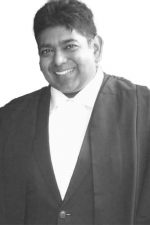
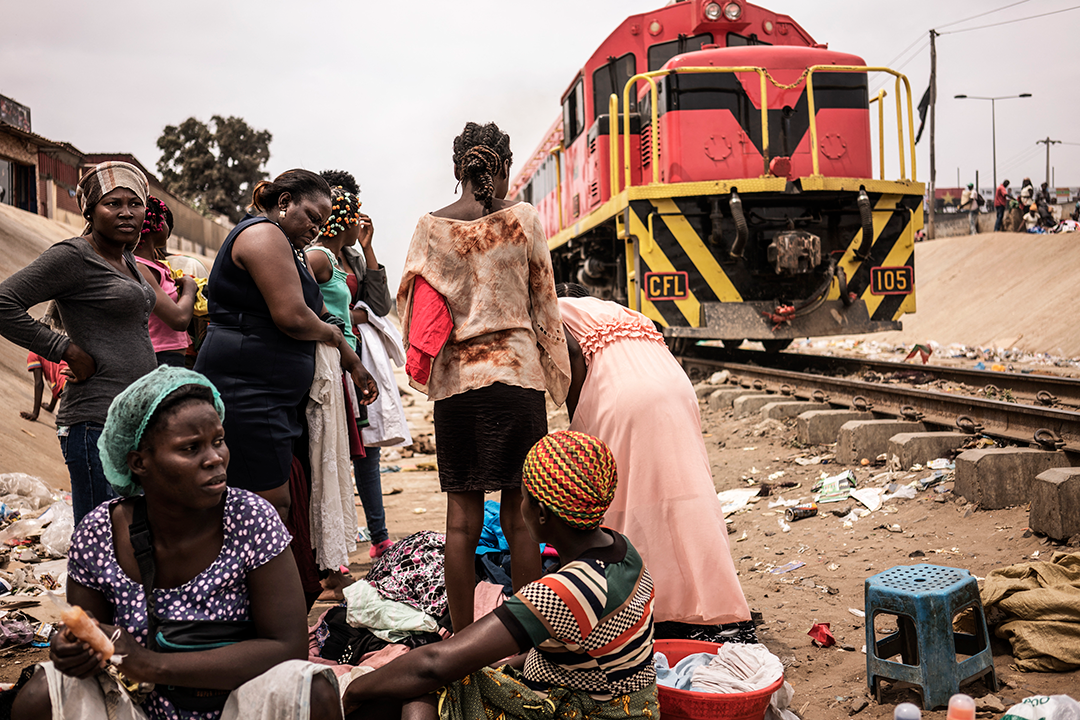

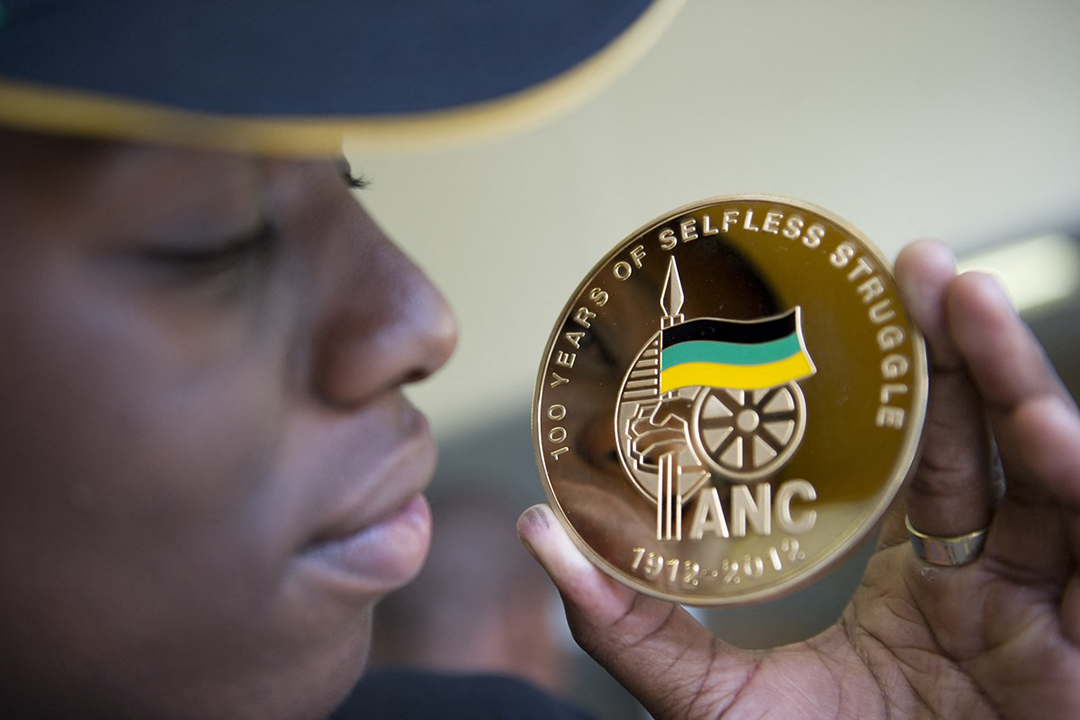
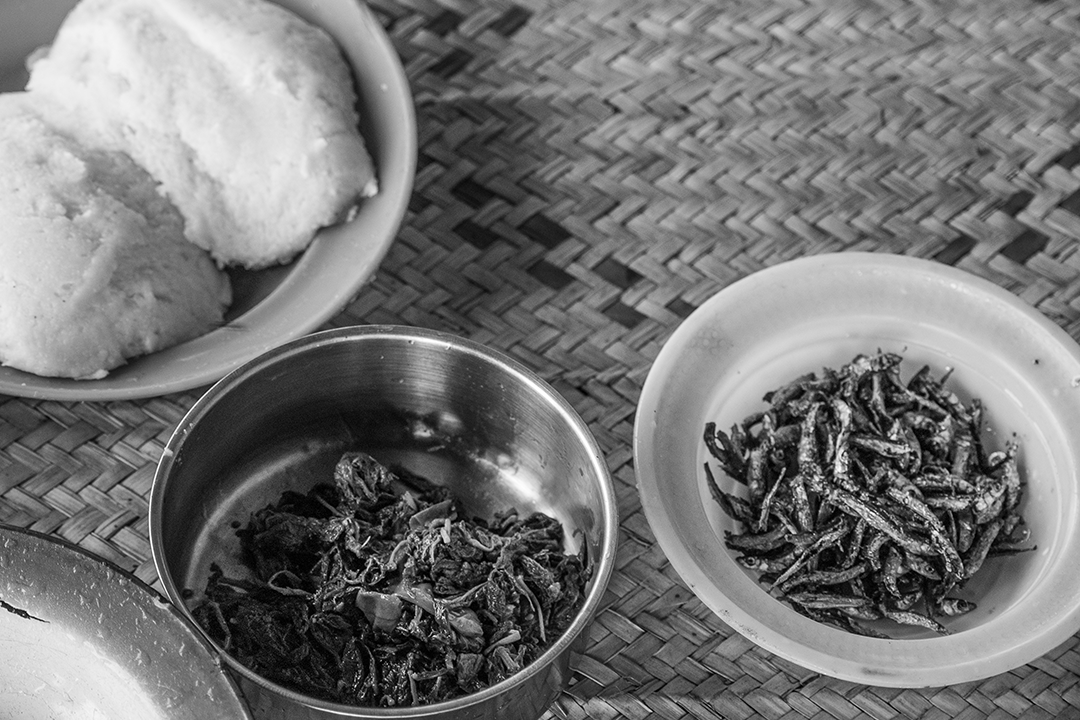







Learnt a lot from this article especially why the power struggle is still continuing. Thank you Lavan
Good article – Lavan. What is the website address?